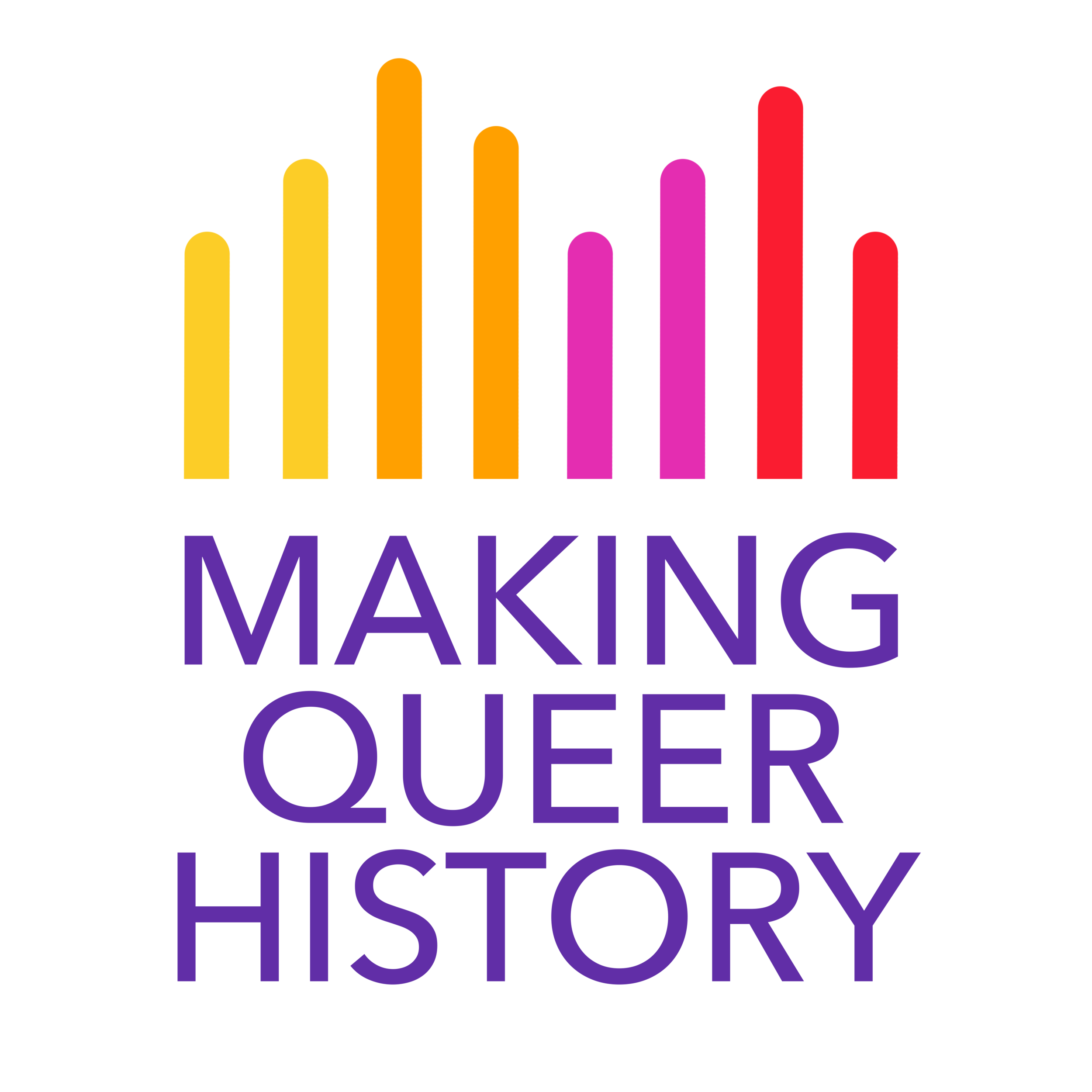There is something powerful in reclaiming language. There’s the shock value of it, but it’s also a way to take back some of the power. It’s a way to navigate a difficult experience; it’s not right for every person, but for many, it’s empowering. For queer crips, it’s a way to connect, to reject, and to describe the experience of feeling trapped between two communities.
Making Queer History has a vague title because it has a rather vague purpose. We are not alone in our aim to tell the queer community’s history. What defines us is our focus not only on the past, but toward the future.


